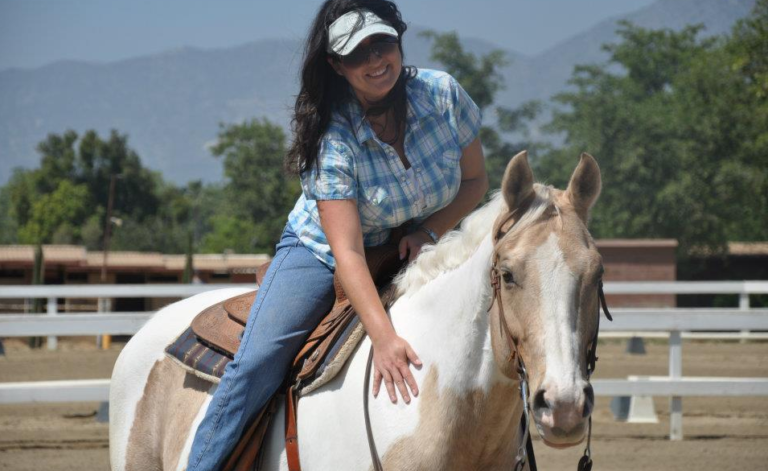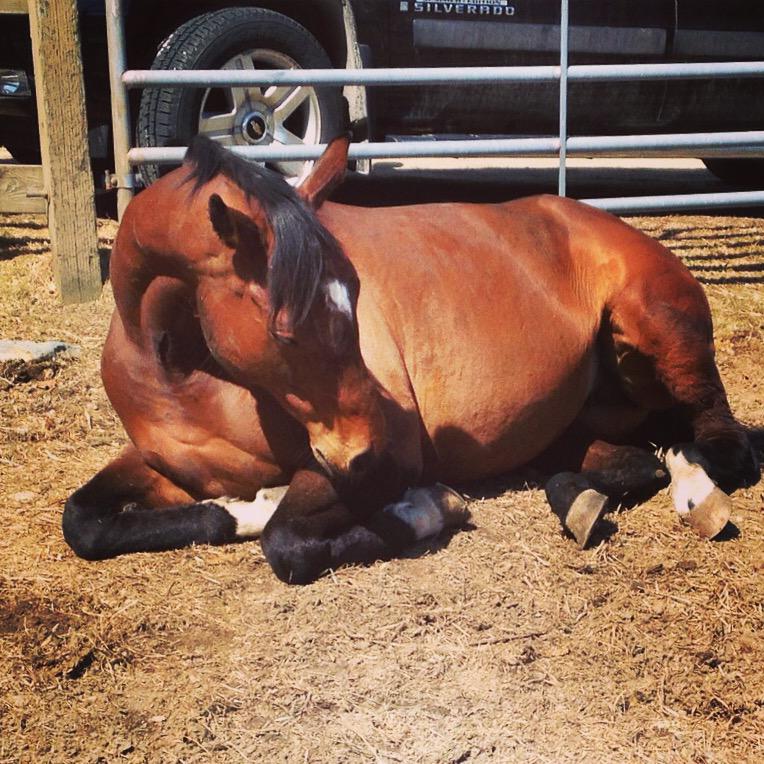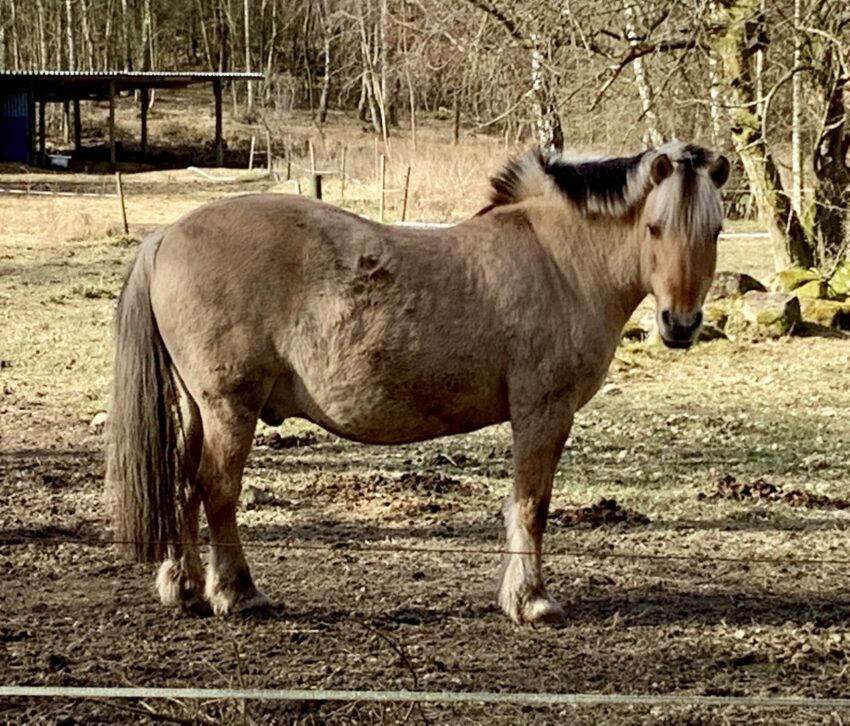Just like people, some horses are not in such good shape. Anyone who owns a horse knows that horses love to eat. There’s even an expression you might have heard to describe people who have an insatiable appetite: “Eating Like a Horse.” Horses not only eat considerable amounts of food, but they also want to eat all of the time. Wild horses eat in 23 of the 24 hours in a day.


So, when it comes to showing your love, and you want to do your show it with something to eat, you’ve got an enthusiastic taker if you’ve got a horse. That’s why some horses are fat and might be a little “flabby”. That doesn’t mean that they are less charming than other horses, and calling them fat is not an offense as it is for some people.


We are thankful to have horses that are reliable, healthy, fit, and balanced that’s why it’s important to look after our horses’ health. Although they may look cute when they’re chubby, obesity in horses is dangerous and it can cause a lot of problems. The consequences of obesity involve exercise intolerance, lessened performance, inadequate body temperature control, reduced reproductive performance and the spread of benign fatty tumors within the abdomen that can create colic.


Obesity also contributes to the start and development of insulin intolerance in horses. Some equine diseases that have been linked with insulin resistance may, therefore, be more likely in obese horses, such as laminitis, Cushing’s disease, and inflammation.


